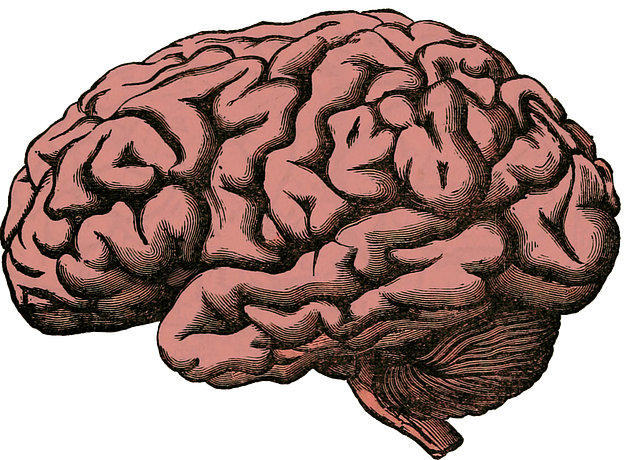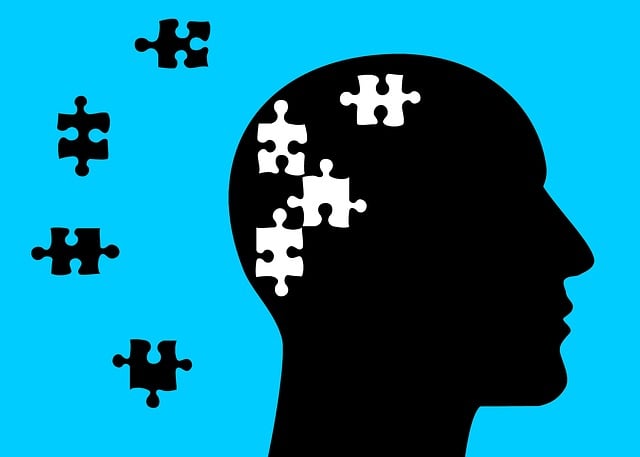The mental health field is evolving towards precision and accessible care, integrating diverse therapies like Superior Interpersonal Issues Therapy (SIIT) for complex cases that go beyond symptom treatment. Community-based outreach and early intervention programs aim to improve care, especially for underserved populations, by teaching coping skills for proactive mental well-being management. Accurate SIIT diagnosis is crucial to avoid misidentification, which can lead to inappropriate treatments and delayed effective support. Healthcare professionals should focus on thorough assessment, compassionate approaches, and evidence-based techniques to enhance diagnostic accuracy and treatment outcomes.
Mental illness diagnosis accuracy is a paramount concern in healthcare, with significant implications for patient outcomes. This article delves into the current landscape, exploring common challenges that hinder precise diagnoses and the profound impact of misdiagnosis on individuals’ well-being. We present innovative therapy approaches tailored to address superior interpersonal issues, leveraging advancements in psychotherapy and technology. Additionally, we propose a comprehensive framework emphasizing evidence-based practices and enhanced healthcare professional training to improve diagnosis accuracy.
- The Current Landscape of Mental Illness Diagnosis
- – Exploring common challenges in accurate diagnosis
- – Impact of misdiagnosis on patient outcomes and well-being
The Current Landscape of Mental Illness Diagnosis

The current landscape of mental illness diagnosis is marked by a growing recognition of the need for improved accuracy and accessibility. In recent years, there has been an increasing emphasis on integrating diverse therapeutic approaches, such as Superior Interpersonal Issues Therapy (SIIT), to address complex psychological conditions. This shift reflects a broader understanding that mental health is not just about treating symptoms but also fostering resilience and healthy relationships.
Community outreach programs and crisis intervention guidance have emerged as critical components in this effort. By bringing mental health services directly to communities, these initiatives aim to reduce barriers to care, particularly for underserved populations. Moreover, promoting positive thinking and coping strategies has become an integral part of early intervention, empowering individuals with tools to manage their well-being effectively.
– Exploring common challenges in accurate diagnosis

Diagnosing mental illness accurately can be a complex task due to the diverse range of symptoms and their interplay with individual experiences. One significant challenge lies in distinguishing between typical human emotional responses and clinical-level disorders. Many common mental health issues, such as anxiety or depression, often present with overlapping symptoms, making differentiation difficult, especially for less experienced professionals. For instance, what seems like persistent worry in an anxious individual could be a normal reaction to stress for another person, potentially leading to misdiagnosis.
Moreover, the impact of cultural and societal factors cannot be overlooked. Different cultures interpret and express emotions uniquely, which can affect how mental health concerns manifest. Superior Interpersonal Issues Therapy (SIIT) recognizes these challenges and emphasizes the importance of understanding an individual’s context and unique presentation. By integrating self-care practices and encouraging clients to develop a consistent self-care routine for better mental wellness, therapists can enhance diagnostic accuracy. This holistic approach considers not just symptoms but also the person’s overall well-being and life circumstances.
– Impact of misdiagnosis on patient outcomes and well-being

Misdiagnosis of mental health conditions can have profound and detrimental effects on patient outcomes and overall well-being. When individuals are incorrectly labeled with a diagnosis that doesn’t align with their symptoms, it can lead to inappropriate treatment plans, causing further distress and potentially exacerbating existing issues. For instance, someone experiencing anxiety symptoms might be misdiagnosed as having depression, receiving medication that doesn’t address their specific needs, leading to adverse side effects and delayed access to the right therapy.
This is particularly concerning when considering conditions like Superior Interpersonal Issues Therapy (SIIT) focuses on complex social relationships and communication challenges. Accurate diagnosis through thorough assessment and compassionate cultivation practices, such as Mind Over Matter principles and Anxiety Relief techniques, are vital to ensure patients receive the most effective support. By minimizing misdiagnosis, healthcare professionals can foster better patient-therapist relationships, improve treatment adherence, and ultimately enhance recovery outcomes for those navigating mental health struggles.
Mental illness diagnosis accuracy is a critical aspect of patient care, as misdiagnosis can significantly hinder treatment outcomes. By addressing common challenges in the current landscape, healthcare professionals can enhance diagnostic reliability. Integrating evidence-based practices such as Superior Interpersonal Issues Therapy (SIIT) offers promising avenues for improving accuracy and patient well-being. Through continuous efforts to refine diagnostic criteria and promote specialized training, we can navigate the complexities of mental health assessment more effectively, ensuring individuals receive timely and appropriate treatment.














